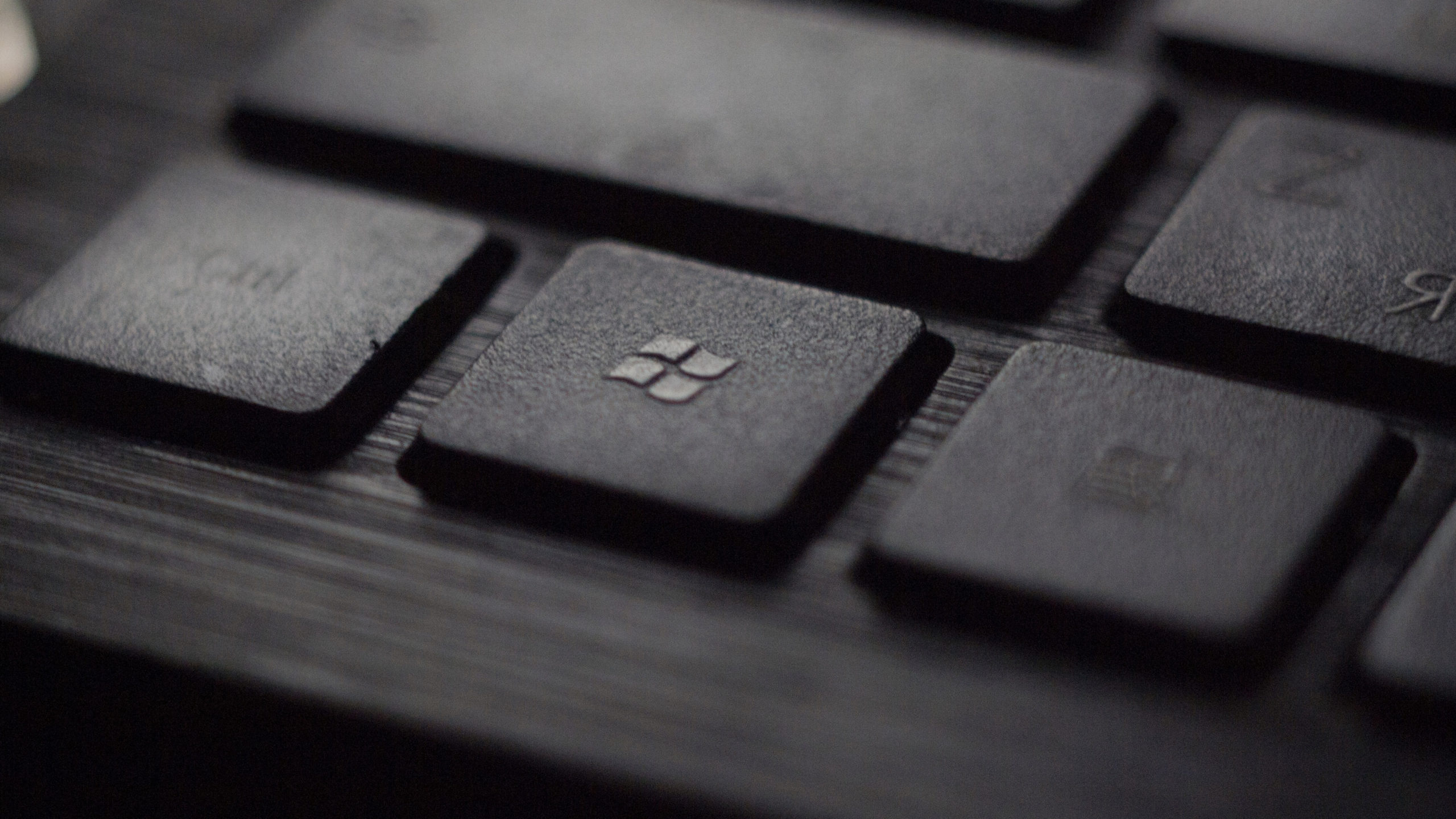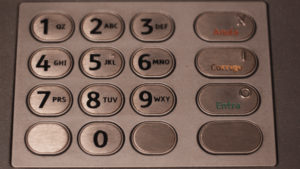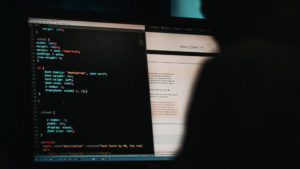On January 14, 2020, Microsoft officially ended support for Windows 7. If you’re a 7 holdout, you might already know this, since you’ve been running the OS unsupported for over a year. Maybe you’ve even heard a time or two that you should upgrade your computer as soon as possible. We’re here to warn you one last time — if you don’t leave Windows 7, you’re putting yourself and your organization at risk.
Nobody wants to upgrade “perfectly good” hardware or software, or spend unnecessary money where it can be avoided. But this isn’t Microsoft just trying to make a buck off of you upgrading to Windows 10. Staying on Windows 7 is dangerous for you or your organization.
You see, when a developer ends support for software, it doesn’t stop that software from working. That’s why your Windows 7 machine appears to run just as well as it always has. What’s really happening here is that Microsoft is no longer patching security vulnerabilities in the OS. In addition, software vendors either won’t release new features, or won’t support the reinstallation of their software on Windows 7.
When software is supported, like Windows 10, the developer actively seeks out any issues with that software. They even invite “good” hackers to try to find issues themselves. Once a problem is discovered, the developer rushes to fix it, then issues a software update so all users running that software are protected.
Without those security patches, your computer and the data you access on it is open to anyone who finds and exploits these vulnerabilities.
It’s not unlike the expiration date on the food in your fridge. You might not believe that the date matters, because to you, the food is still perfectly good. However, unbeknownst to you, bacteria with zero oversight is taking over, and could make you very sick if you choose to eat it.
It’s a crude comparison, but it’s accurate — Windows 7 is one year past its expiration date. That means Microsoft won’t stop bacteria (hackers and bad actors) from discovering new ways to “infect” your OS. Your computer might look just fine to you, but your personal information and privacy might be chipped away bit by bit.
Consider the SolarWinds hack, where hackers snuck into government systems pretending to be verified users, all the while enjoying unfettered access to some of our nation’s most sensitive information. These bad actors were able to breach the most guarded systems in the world, so it is vital to remove any unprotected OS like Windows 7.




